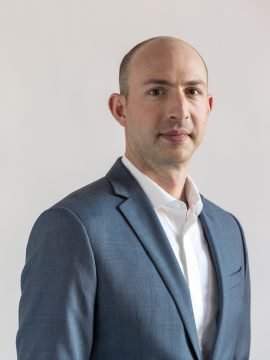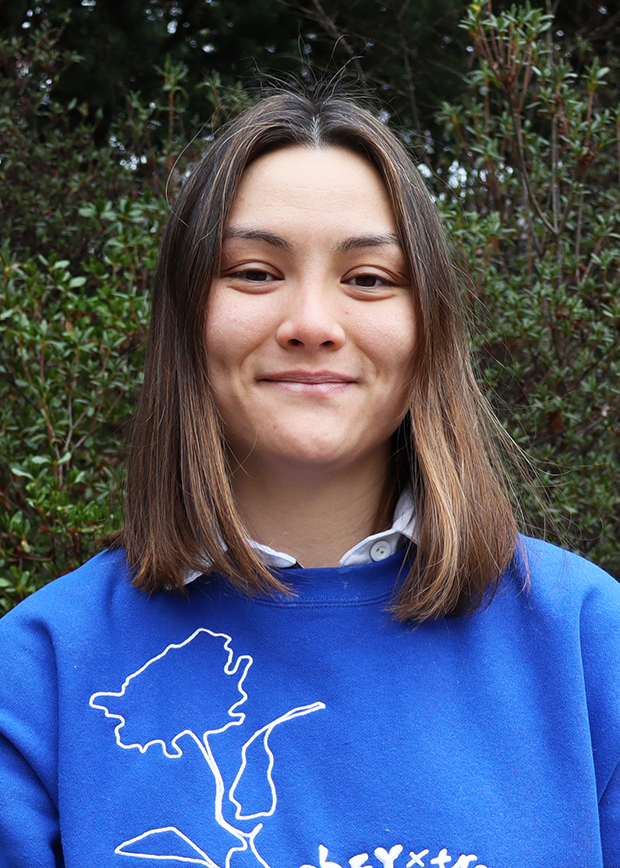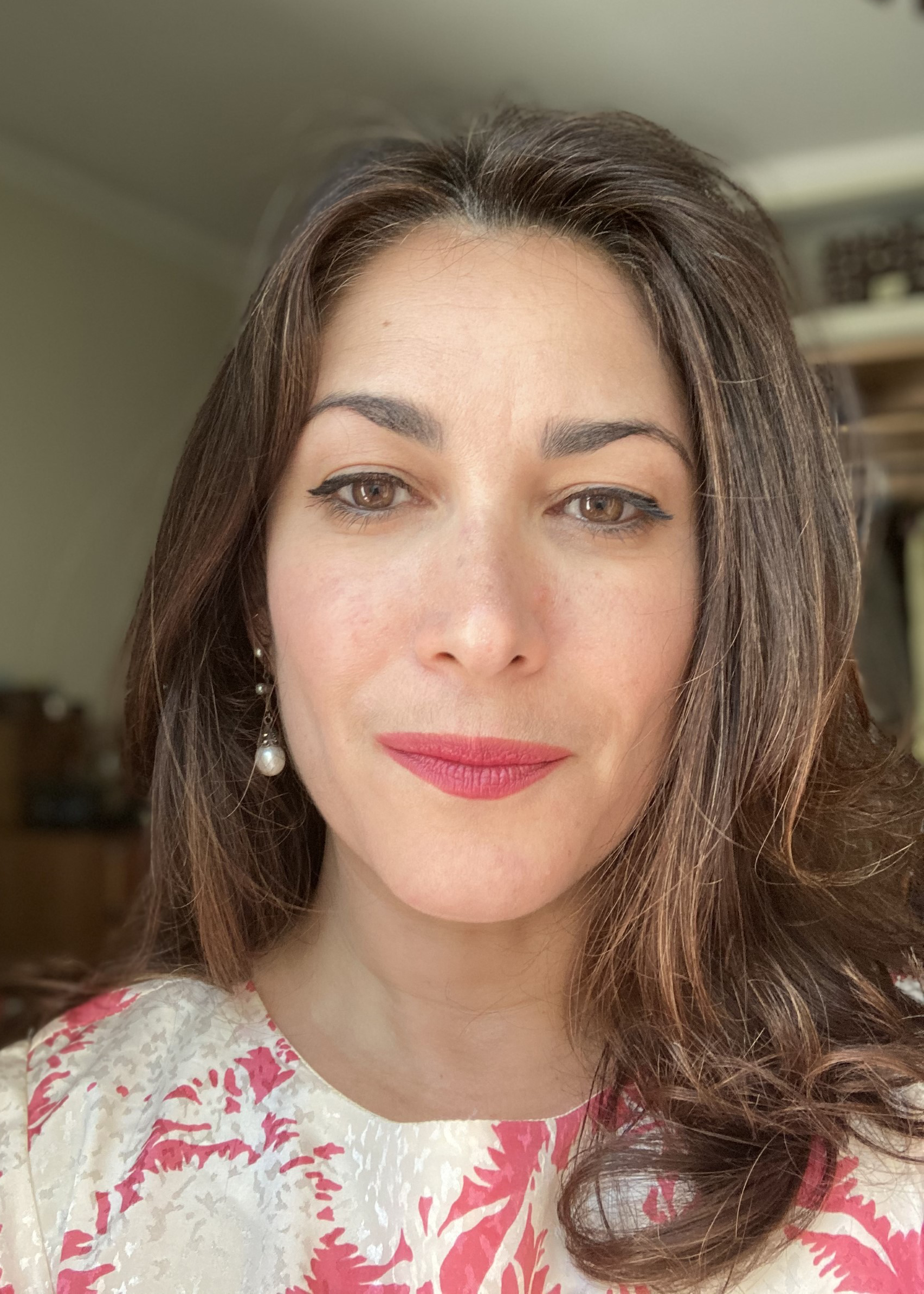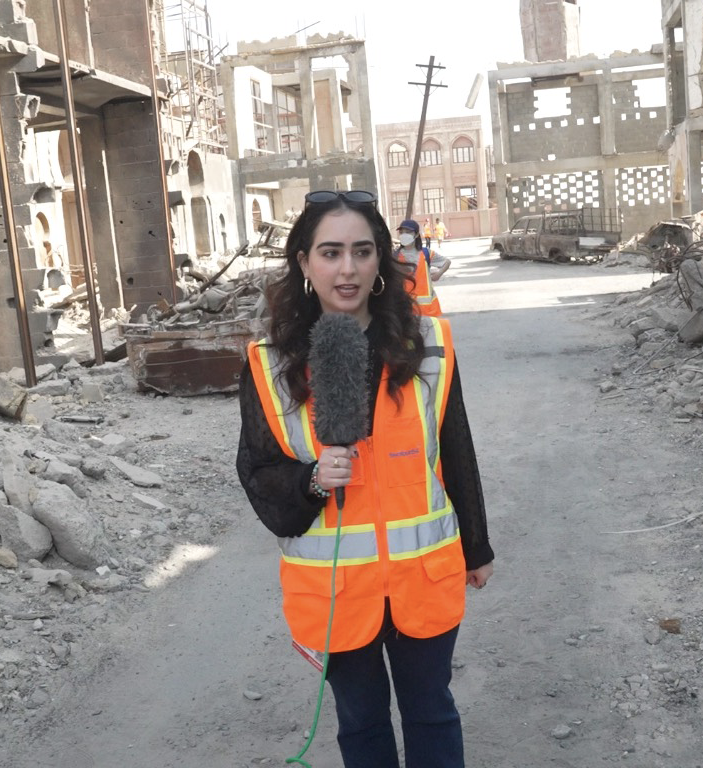Michael Zipursky

A version of this interview was published on the Asian Studies website in 2018.
Tell us a little about yourself, your background and how you became interested in Asian languages and cultures?
I was born in Toronto. Two years later my parents sold everything and moved our family to Israel. It was an amazing experience to be surrounded by different cultures, religions and languages. I have a lot of fond memories of those years. I know the culture seed was planted in me during that time. Just before I turned 7, my parents decided to return to Canada, this time we arrived in Vancouver.
I felt like an outsider. I didn’t know anyone and I didn’t speak English. Looking back it was a challenging time. But that challenge also provided me with an advantage. It gave me a reason to commit, to prove myself, to make my mark and to achieve anything I set my mind to. That mindset continues to serve me well to this day.
Could you elaborate on an experience that you felt was fundamental in your acquisition of the language or appreciation of the culture?
Growing up in Vancouver, you’re surrounded by different languages and cultures. During high school my locker was surrounded by other students, except everyone around me was from Asia. I loved it.
Later my mom decided to have homestay students at our house. That exposed me to people from Mexico, Korea, and Japan. I would love to ask them questions about their countries, their language, and their culture.
Like a big stew. Through in my experience in Israel, growing up in Vancouver and the big Asian influence, having homestay students at our house—all of this produced a delicious appetite to learn more.
I was interested in business from a young age and started my first business just out of high school. I had (and still have) a love for Asia, so during high school I decided to learn more and focus on the Asian country that was well known in the business world—Japan. My decision was likely influenced by the Japanese people I was meeting in Vancouver, my study of martial arts, and my interest in samurai culture and movies.
What choices did you make at UBC that contributed to your career success / journey?
My degree was a Major in Asian Studies and a Minor in Commerce. I had spent a year studying and working in Japan before being on the UBC campus and had completed a diploma from another college in Pacific Rim and Business Studies.
Being able to study arts and commerce at the same time was beneficial. My thinking was stretched and challenged. Some of the courses I took I would never have even considered if UBC didn’t make them available. Some of them made a big impact on me and shaped aspects of my life.
What was your first job after graduation and what other jobs did you have before your current position?
I started my first business, a web design business, just after high school with my cousin Sam. By the time I went to Japan two years later we had started another company, a brand and design consultancy. When I did a year of exchange in Japan, I had the opportunity to begin building the business there. As soon as I graduated, I went back to Japan where we continued to build that business and work with some amazing companies.
I was running a business throughout my whole degree. It was a busy time. But it gave me an opportunity to start applying some of what I was learning right away.
Is your current career path as you originally intended? What challenges did you face in launching your career?
Pretty much every challenge you can image. Entrepreneurship is all about facing challenges. To be successful you have to become comfortable with the uncomfortable. It’s not a question of will you get knocked down, the real question is are you committed to get up every time?
Running a business in Japan for many years, I faced plenty of challenges with language, the culture, and of course business.
What makes you proud about your current job? How does it relate to your degree?
Today, we have a very international business. At ConsultingSuccess.com, we work with consultants all around the world helping them with their marketing, their service offerings, messaging, and scaling their consulting businesses. I really believe that my education played a huge role in supporting and deepening my appreciation, respect, and interest in people from other countries and cultures.
Has learning an Asian language helped you achieve your personal or professional goals? What tips do you have for students who are keen to play the ‘language card’ in their career development?
I believe language is one of the greatest advantages you can have. To truly understand a people, their culture, their country, how they act, think, and to create meaningful relationships (both in business and personal) with them, language is key.
Whether you’re in arts, commerce, medicine or any other field, knowing multiple languages is always a benefit.
What advice would you give to students and alumni interested in breaking into your industry?
Don’t let the pressure of society or those around you push you into your career. You have plenty of time. Don’t rush. Study what you love. Develop a deep expertise in that area. Opportunities will present themselves. Accept them. Open yourself up to possibilities that allow you to realize your full and true potential.
Michael Zipursky



A version of this interview was published on the Asian Studies website in 2018.
Tell us a little about yourself, your background and how you became interested in Asian languages and cultures?
I was born in Toronto. Two years later my parents sold everything and moved our family to Israel. It was an amazing experience to be surrounded by different cultures, religions and languages. I have a lot of fond memories of those years. I know the culture seed was planted in me during that time. Just before I turned 7, my parents decided to return to Canada, this time we arrived in Vancouver.
I felt like an outsider. I didn’t know anyone and I didn’t speak English. Looking back it was a challenging time. But that challenge also provided me with an advantage. It gave me a reason to commit, to prove myself, to make my mark and to achieve anything I set my mind to. That mindset continues to serve me well to this day.
Could you elaborate on an experience that you felt was fundamental in your acquisition of the language or appreciation of the culture?
Growing up in Vancouver, you’re surrounded by different languages and cultures. During high school my locker was surrounded by other students, except everyone around me was from Asia. I loved it.
Later my mom decided to have homestay students at our house. That exposed me to people from Mexico, Korea, and Japan. I would love to ask them questions about their countries, their language, and their culture.
Like a big stew. Through in my experience in Israel, growing up in Vancouver and the big Asian influence, having homestay students at our house—all of this produced a delicious appetite to learn more.
I was interested in business from a young age and started my first business just out of high school. I had (and still have) a love for Asia, so during high school I decided to learn more and focus on the Asian country that was well known in the business world—Japan. My decision was likely influenced by the Japanese people I was meeting in Vancouver, my study of martial arts, and my interest in samurai culture and movies.
What choices did you make at UBC that contributed to your career success / journey?
My degree was a Major in Asian Studies and a Minor in Commerce. I had spent a year studying and working in Japan before being on the UBC campus and had completed a diploma from another college in Pacific Rim and Business Studies.
Being able to study arts and commerce at the same time was beneficial. My thinking was stretched and challenged. Some of the courses I took I would never have even considered if UBC didn’t make them available. Some of them made a big impact on me and shaped aspects of my life.
What was your first job after graduation and what other jobs did you have before your current position?
I started my first business, a web design business, just after high school with my cousin Sam. By the time I went to Japan two years later we had started another company, a brand and design consultancy. When I did a year of exchange in Japan, I had the opportunity to begin building the business there. As soon as I graduated, I went back to Japan where we continued to build that business and work with some amazing companies.
I was running a business throughout my whole degree. It was a busy time. But it gave me an opportunity to start applying some of what I was learning right away.
Is your current career path as you originally intended? What challenges did you face in launching your career?
Pretty much every challenge you can image. Entrepreneurship is all about facing challenges. To be successful you have to become comfortable with the uncomfortable. It’s not a question of will you get knocked down, the real question is are you committed to get up every time?
Running a business in Japan for many years, I faced plenty of challenges with language, the culture, and of course business.
What makes you proud about your current job? How does it relate to your degree?
Today, we have a very international business. At ConsultingSuccess.com, we work with consultants all around the world helping them with their marketing, their service offerings, messaging, and scaling their consulting businesses. I really believe that my education played a huge role in supporting and deepening my appreciation, respect, and interest in people from other countries and cultures.
Has learning an Asian language helped you achieve your personal or professional goals? What tips do you have for students who are keen to play the ‘language card’ in their career development?
I believe language is one of the greatest advantages you can have. To truly understand a people, their culture, their country, how they act, think, and to create meaningful relationships (both in business and personal) with them, language is key.
Whether you’re in arts, commerce, medicine or any other field, knowing multiple languages is always a benefit.
What advice would you give to students and alumni interested in breaking into your industry?
Don’t let the pressure of society or those around you push you into your career. You have plenty of time. Don’t rush. Study what you love. Develop a deep expertise in that area. Opportunities will present themselves. Accept them. Open yourself up to possibilities that allow you to realize your full and true potential.



